We all know that the human body needs vitamins to work properly, but what exactly are these vitamins and what are the best food sources of vitamins?
Some people choose to take vitamins as vitamin supplements, others try to eat more fruit and vegetables, yet not everyone knows where the vitamins our body needs can be found.
Hereafter you will find all you need to know about vitamins, their properties and where to find them.
What are Vitamins?
The word “vitamin” was coined by Casimir Funk, a biochemist, in 1911 when he first isolated a substance that prevented nerve inflammation. Later on the letters A, B, C, D etc were assigned in the order of the descovery of the vitamins, except of the vitamin K, where K comes from “Koagulation” (Danish).
Vitamins are groups of organic compounds essential for normal growth and functioning of the body.
They cannot be synthesized by the body and are required in small quantities in the diet. Normally we can get all the vitamins we need from a healthy balanced diet.
Let’s see what are the main vitamins our body needs on a daily basis.
Vitamin A
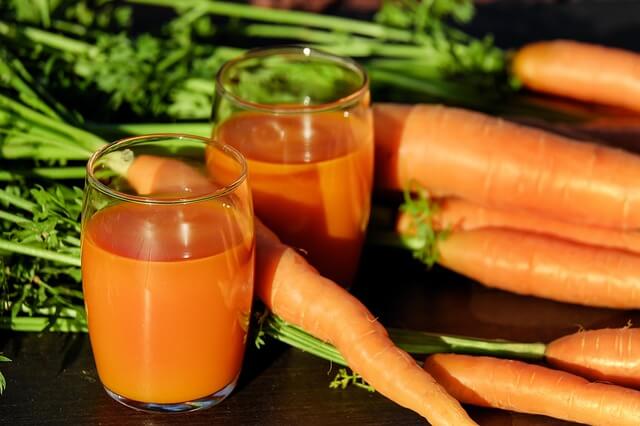
Protects:
skin, hair, nails, vision and bones.
Food sources:
carrots, citrus fruits, aged cheese, milk, eggs, fish, parsley, spinach, liver.
Not resistant to:
long term conservation, high temperatures.
Daily dose of vitamin A rich foods:
200 g. of carrots.
Vitamin B1
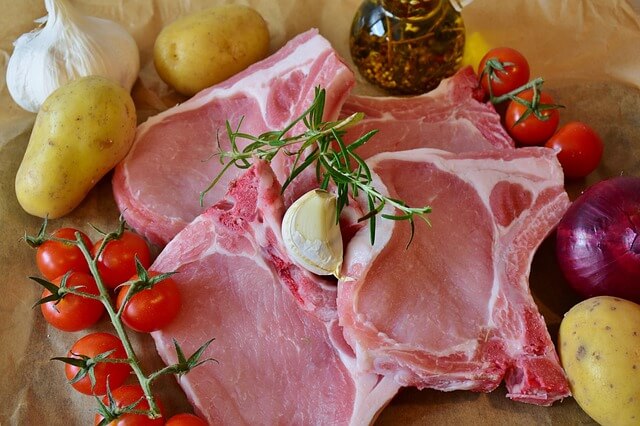
Protects:
brain, digestive system, muscles, sleep.
Food sources:
yeast, pork, walnuts, oat, legumes, buckwheat.
Not resistant to:
cooking, addition of salt during cooking, caffeine (it is advisable not to drink coffee together with food containing Vitamin B1).
Daily dose of vitamin B1 rich foods:
150 g. of pork.
Vitamin B2
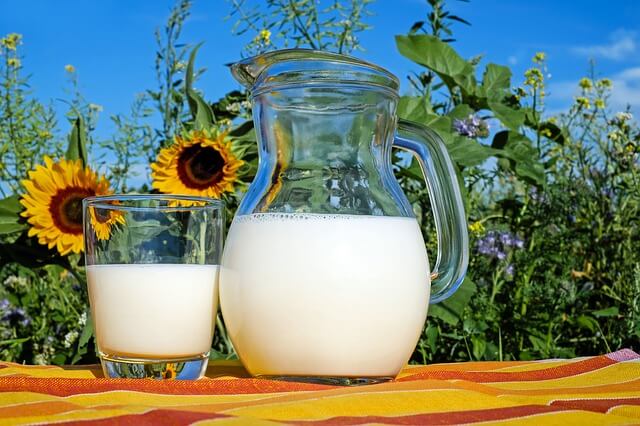
Boosts:
cell revitalization, vision, muscles.
Food sources:
milk, almonds, eggs, mushrooms, buckwheat, ricotta cheese, yeast, meat.
Not resistant to:
light exposure.
Daily dose of vitamin B2 rich foods:
250 ml of milk.
Vitamin B3
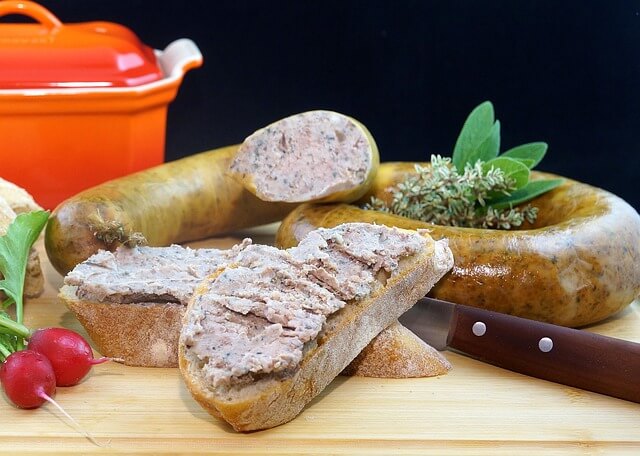
Boosts:
digestive system, skin, nervous system.
Food sources:
liver, chicken and veal, fish, cereals, legumes.
Not resistant to:
very high temperatures.
Daily dose of Vitamin B3 rich foods:
150 g liver.
Vitamin B5
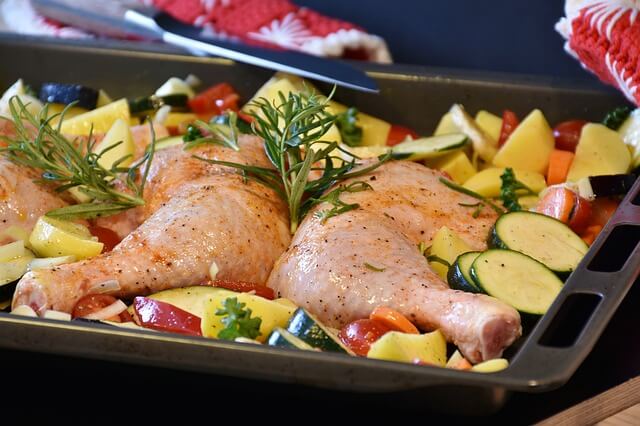
Boosts:
memory, good mood, convalescence, veins, heart.
Food sources:
chicken, egg yolk, milk products, caviar, legumes, walnuts, yeast, oat, buckwheat, rice, broccoli.
Not resistant to:
repeated freezing.
Daily dose of vitamin B5 rich foods:
100g of chicken.
Vitamin B6
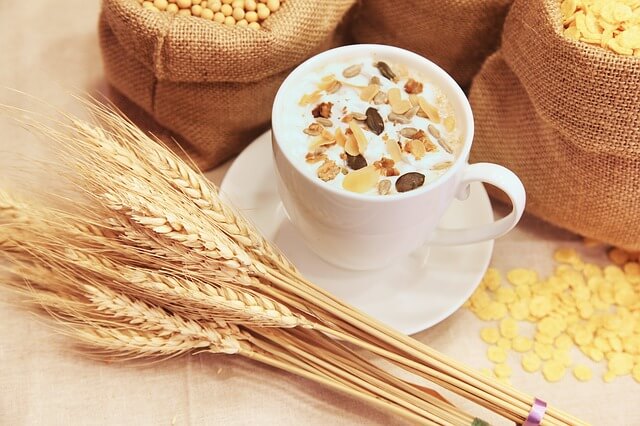
Boosts:
nervous system, veins, cell revitalization
Food sources:
cereals, green salad, cabbage, bananas, walnuts, salmon, meat.
Not resistant to:
light exposure.
Daily dose of vitamin B6 rich foods:
200 g of cereals
Vitamin B7
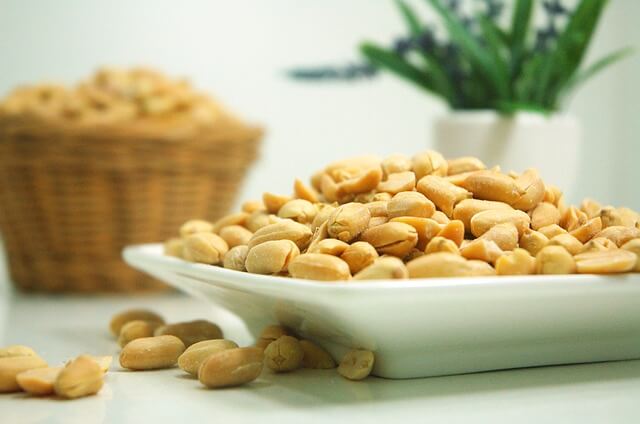
Boosts:
cell growth, acid fats production.
Food sources:
peanuts, green salad, parsley, egg yolk, liver.
Daily dose of vitamin B7 rich foods:
100 g of peanuts.
Vitamin B9
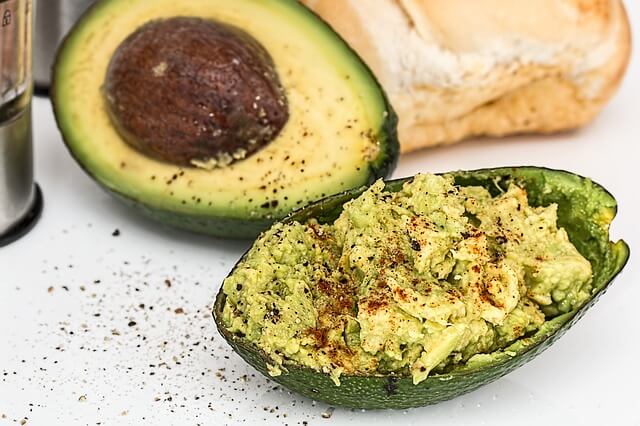
Boosts:
cell revitalization and growth.
Food sources:
avocado, beets, spinaches, liver, asparagus, yeast.
Not resistant to:
light exposure.
Daily dose of vitamin B9 rich foods:
150 g of liver.
Vitamin B12
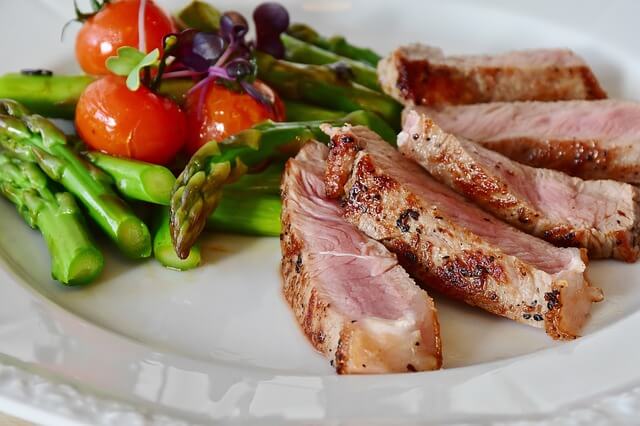
Preserves:
body weight, immune system, memory, digestive system.
Food sources:
soy, hops, spinach, oysters, fish, milk, cheese, egg yolk, meat.
Not resistant to:
long term light exposure, high temperatures.
Daily dose of vitamin B12 rich foods:
85 g of veal.
Vitamin C
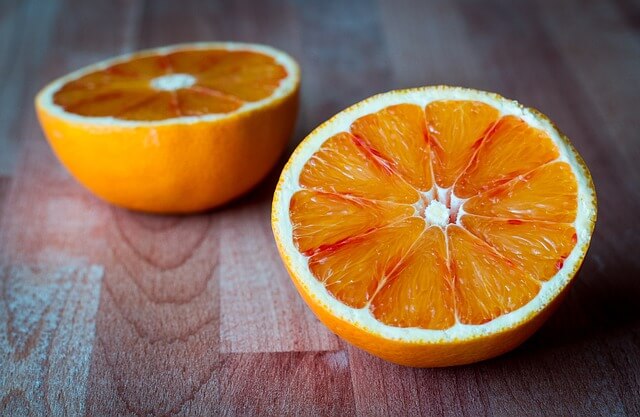
Preserves:
skin, immune system, good mood, hair, nails.
Food sources:
citrus fruits, red fruits, cabbage, peas, beans kiwi, asparagus.
Not resistant to:
cooking.
Daily dose of vitamin C rich foods:
1 orange.
Vitamin D
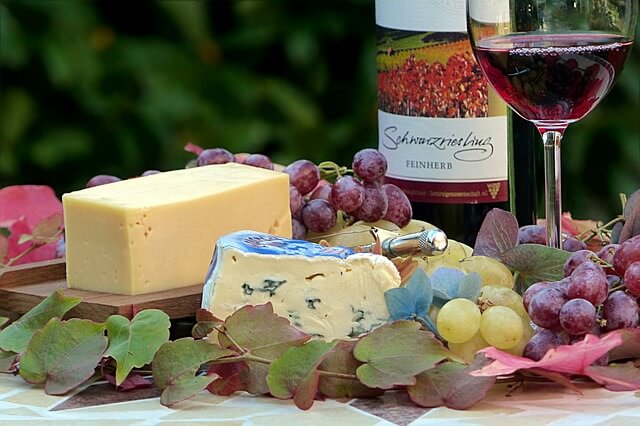
Preserves:
bones, blood coagulation, immune system, toxins expulsion, good mood, heart, veins, vision.
Food sources:
cheese, butter, ricotta cheese, egg yolk, fish, sea fruits, potatoes, vegetable oils, veal.
Not resistant to:
cooking in an acid environment.
Daily dose of vitamin D rich foods:
100 g of cheese.
Vitamin E
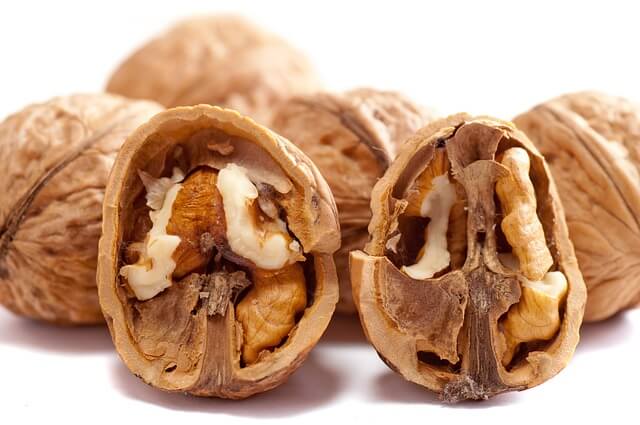
Preserves:
cell revitalization, reproductive system, good mood, immune system.
Food sources:
meat, vegetable oils, butter, walnuts, milk products, liver.
Not resistant to:
long term conservation.
Daily dose of vitamin E rich foods:
150 g of walnuts.
Vitamin K
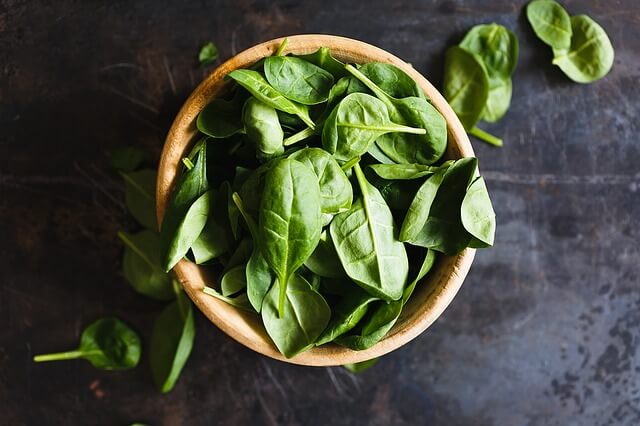
Preserves:
wounds healing, blood coagulation, prothrombin production.
Food sources:
spinach, cabbage, carrots, tomatoes, strawberries, green tea, broccoli.
Not resistant to:
long term light exposure, long cooking.
Daily food requirement:
200 g of spinaches or broccoli.
Thank you for reading What are vitamins and what are the best food sources of vitamins? and if you find this article useful, please comment below and share it so other people can benefit from it as well!

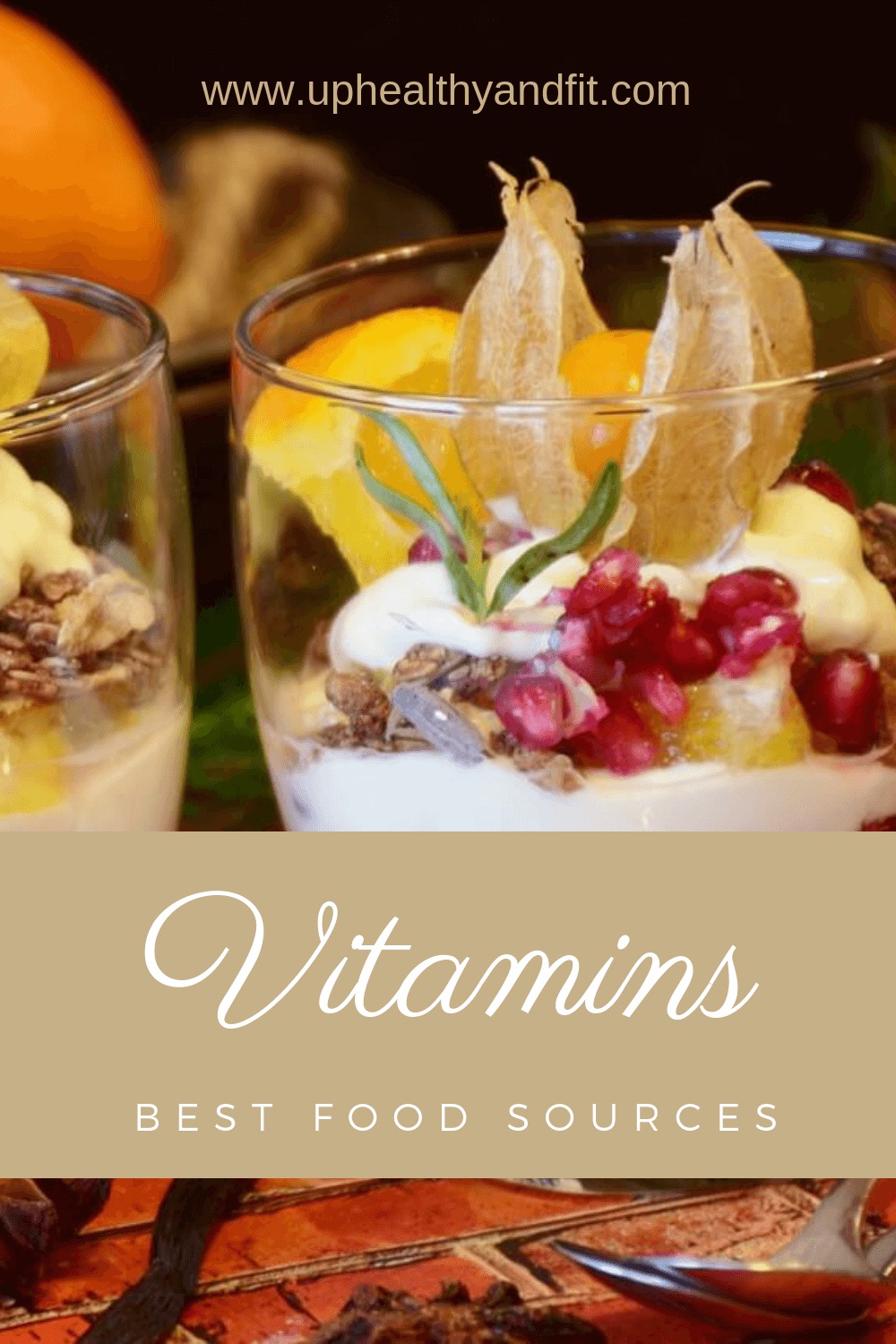
Looking at food source to boost my immune system and memory and I can easily find what I need from your article. I don’t take much dairy products but good to know fish and spinach is on the list. Thank you for sharing the information. Simple, short and precise!
Hi Sharon, your feedback is much appreciated! Thank you for following my blog.